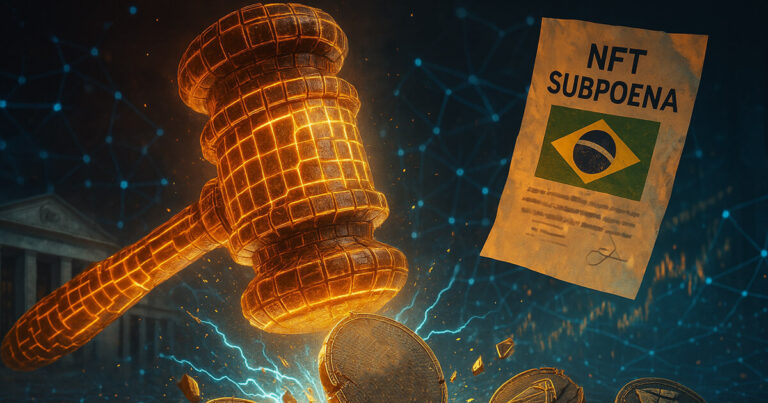Unlocking the Potential: U.S. Treasury Recognizes BTC as the New Digital Gold and Predicts Explosive Growth for Digital Assets
The Department of US Treasury Highlights Bitcoin’s Rise
In a groundbreaking move, the Department of US Treasury has officially recognized Bitcoin as the digital gold of the future. This acknowledgment came in the Fiscal Year 2024 Q4 report, which outlined the rapid growth of Bitcoin and its use cases, particularly in the realm of decentralized finance (DeFi).
Bitcoin’s Journey to Recognition
For years, Bitcoin has been hailed as a revolutionary form of currency that operates independently of traditional banking systems. Its decentralized nature and finite supply have made it a favorite among investors looking for an alternative store of value. However, the recent recognition by the US Treasury marks a significant milestone in the acceptance and adoption of Bitcoin on a global scale.
The Treasury’s report highlighted the exponential growth of digital assets like Bitcoin, which have surged from relatively low levels to become a significant player in the financial market. This growth is largely attributed to the increasing interest in cryptocurrencies and the technologies that underpin them.
Implications for Individuals
As the US Treasury formally recognizes Bitcoin as a digital gold, it opens up new opportunities for individuals looking to diversify their investment portfolios. With the backing of a government institution, Bitcoin is likely to gain even more legitimacy in the eyes of traditional investors and financial institutions.
For individuals already involved in the cryptocurrency space, this recognition could lead to increased value and adoption of Bitcoin and other digital assets. As mainstream acceptance grows, so too will the demand for cryptocurrencies as a means of transacting and storing wealth.
Impact on the World
On a global scale, the US Treasury’s recognition of Bitcoin as digital gold could have far-reaching implications for the financial industry. As one of the world’s largest economies, the United States’ stance on cryptocurrencies can influence the attitudes and policies of other countries.
This recognition may prompt other governments to reevaluate their positions on digital assets and consider integrating them into their financial systems. Additionally, it could pave the way for increased regulatory clarity and oversight in the cryptocurrency space, which could help mitigate risks and fraud associated with these emerging technologies.
Conclusion
The US Treasury’s recognition of Bitcoin as the new digital gold signifies a turning point in the evolution of cryptocurrencies. With government backing, Bitcoin and other digital assets are poised for explosive growth in the coming years. Individuals stand to benefit from new investment opportunities, while the world at large may see a shift in how cryptocurrencies are viewed and regulated. Overall, this development marks a significant step towards the mainstream acceptance and adoption of digital assets.






